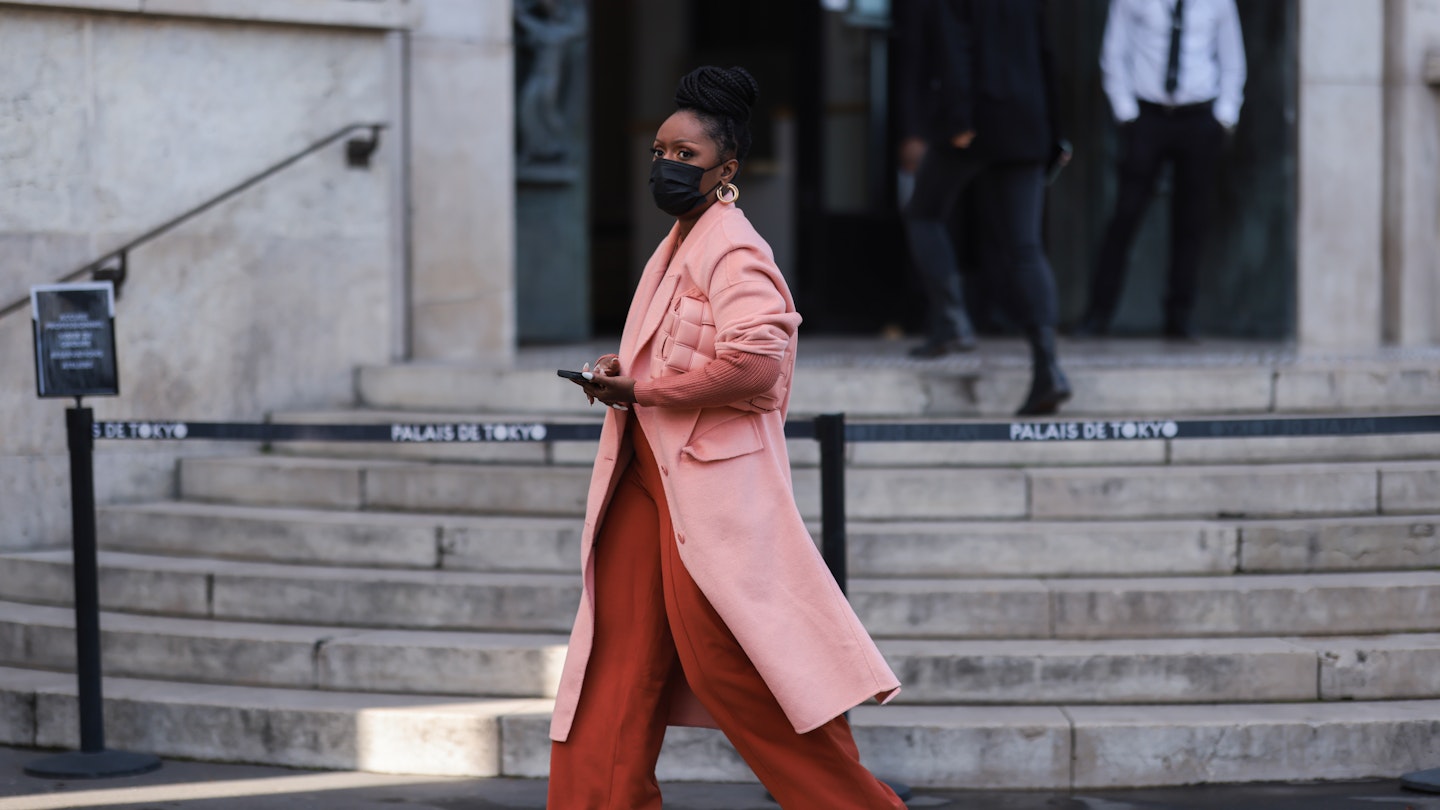Face masks have been a leaving-the-house staple for the last year or so, with coverings once again being mandatory from today as a result of the latest Covid-19 variant, Omicron. This newest strain is causing unease amongst the British public that covid cases will increase even further and concerns are rising for our Christmas plans this year.
Given that face masks are now an essential item once more, it’s understandable that people are looking not only for comfortable, breathable material but also for the safest 'medical-grade' face coverings.
Which face masks are the safest?
Evidence shows that any face covering can provide an effective barrier against the virus, and while wearing a mask is primarily about protecting others, it can also provide a level of protection to the wearer.
More effective still are N95 and FFP2 masks as these are believed to protect both the wearer and those around them. The World Health Organization (WHO) has cited studies showing the filtration systems of FFP2 and N95 masks are 94% and 95% effective respectively. However, they tend to be disposable or single-use, so using them is expensive.
There are also FFP3 masks, which are usually used to protect against highly toxic solid and liquid materials.
Should you use disposable or reusable face masks?
Disposable masks have become a common sight during the pandemic - some people find them more lightweight (aka: breathable) than reusable cloth masks and they are widely recommended for people who are particularly vulnerable to COVID-19,.
Surgical or medical face masks are single-use disposable products, whereas reusable face coverings come in many different forms from cotton to moulded masks and can even have built-in filters or clear panels for those who rely on lip reading to communicate.
While a disposable mask can provide more protection (it is a FFP2 or N95 that is) they are of course made of plastic, which raises concerns for the effect on our environment - which is where the washable, re-wearable mask trumps. But bear in mind that a cloth mask doesn't conform to any particular standards as it's not a medical product, so these are the most important things to look out for:
Layers: Try to go for multiple layers for the best protection - it also tends to be better if your multiple layers are made from different fabrics.
Nose wire: Most masks these days have a built-in metal wire across the bridge of your nose to help mould the mask close to your face to prevent gaps where air can leak out (or in).
Ear loops: To reduce the risk of infection, you need to be able to remove the mask just using the straps without touching your face or the mask itself. There are many different fastening types (ribbon ties, elastic straps, ties that go around the back of your head) but the most important thing is offering a snug fit that doesn't rub your ears raw.
SHOP: The Safest Face Masks To Buy
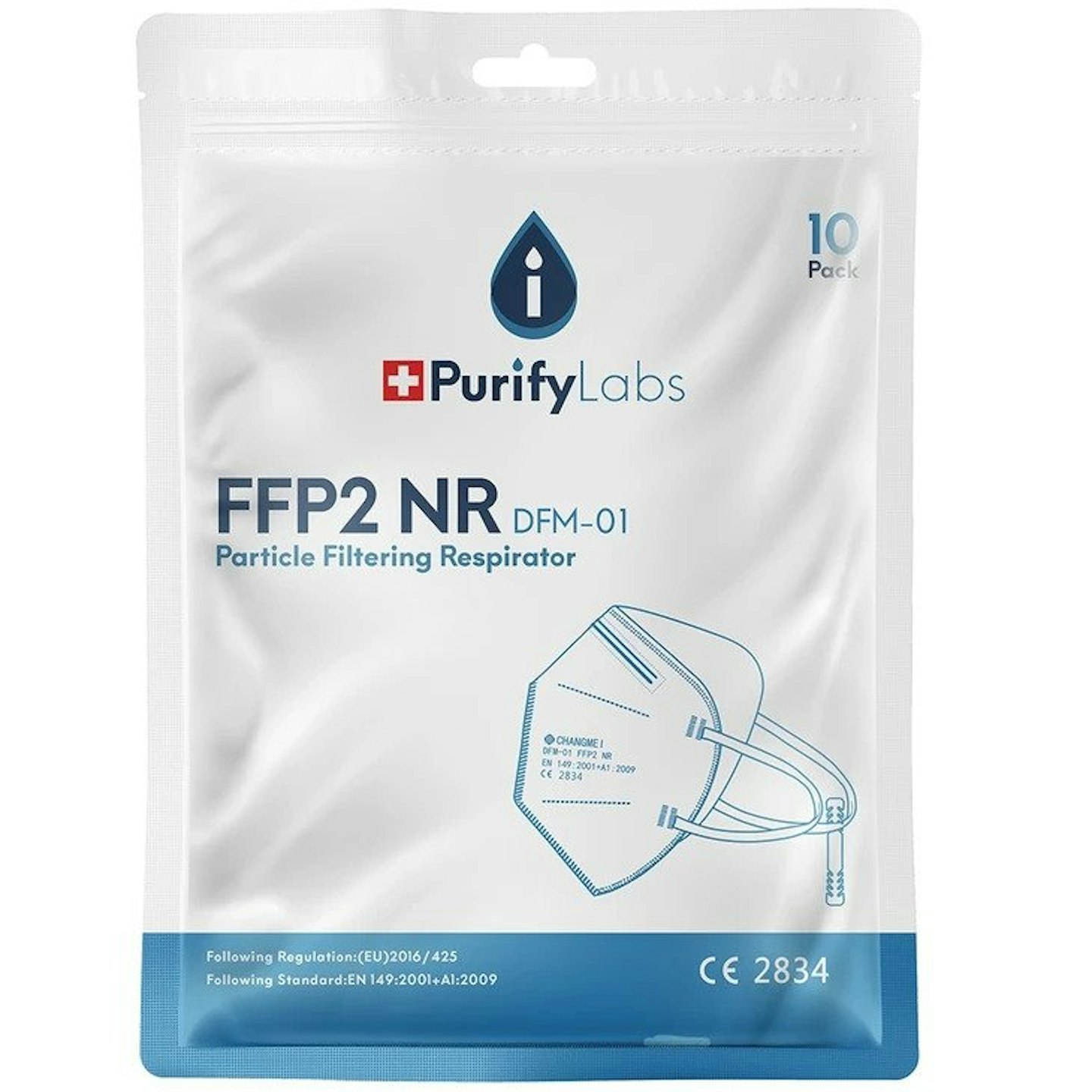 1 of 10
1 of 10PurifyLabs FFP2 face masks, 10 masks for £15.49
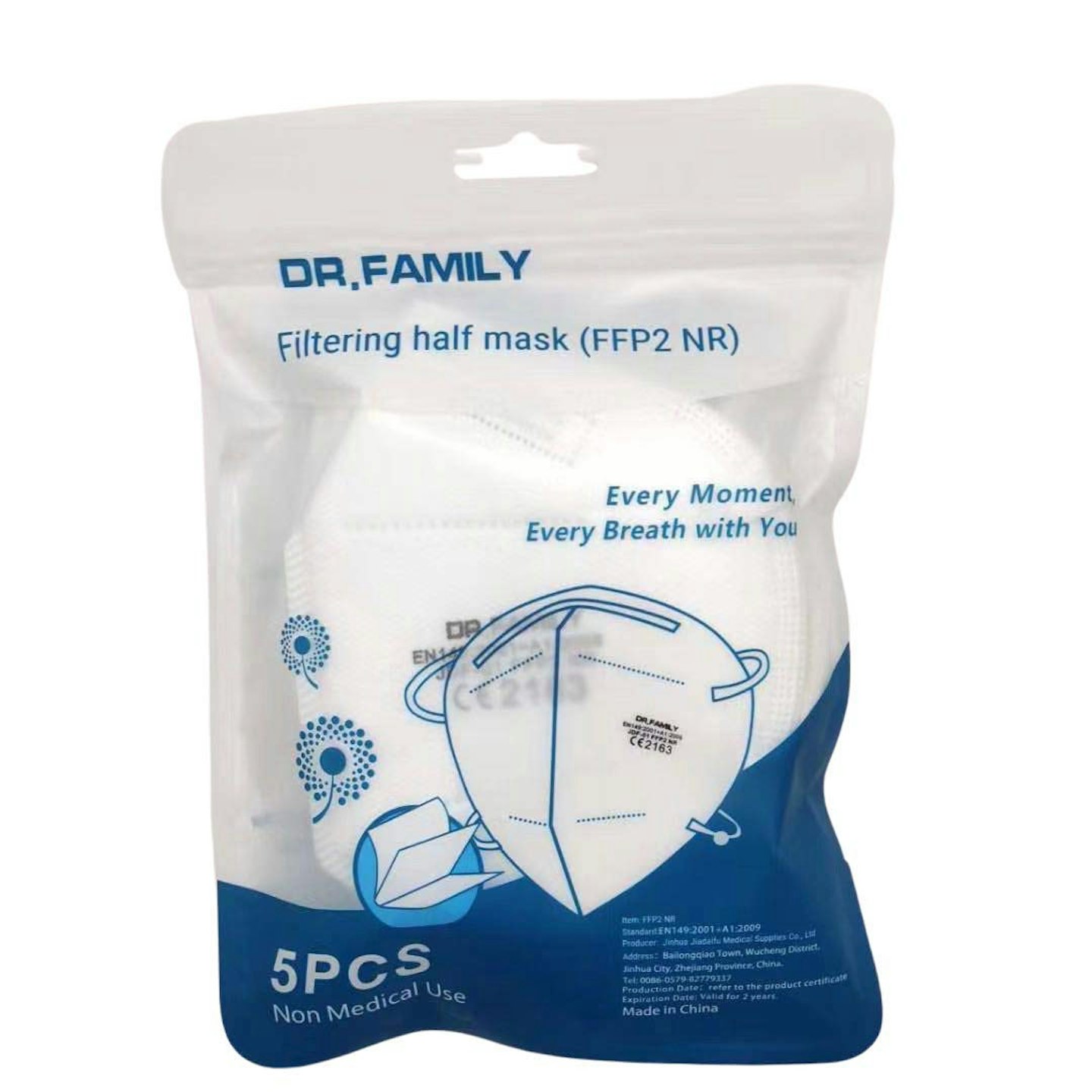 2 of 10
2 of 10Dr. Family FFP2 Face Mask, 5 masks for £6.99
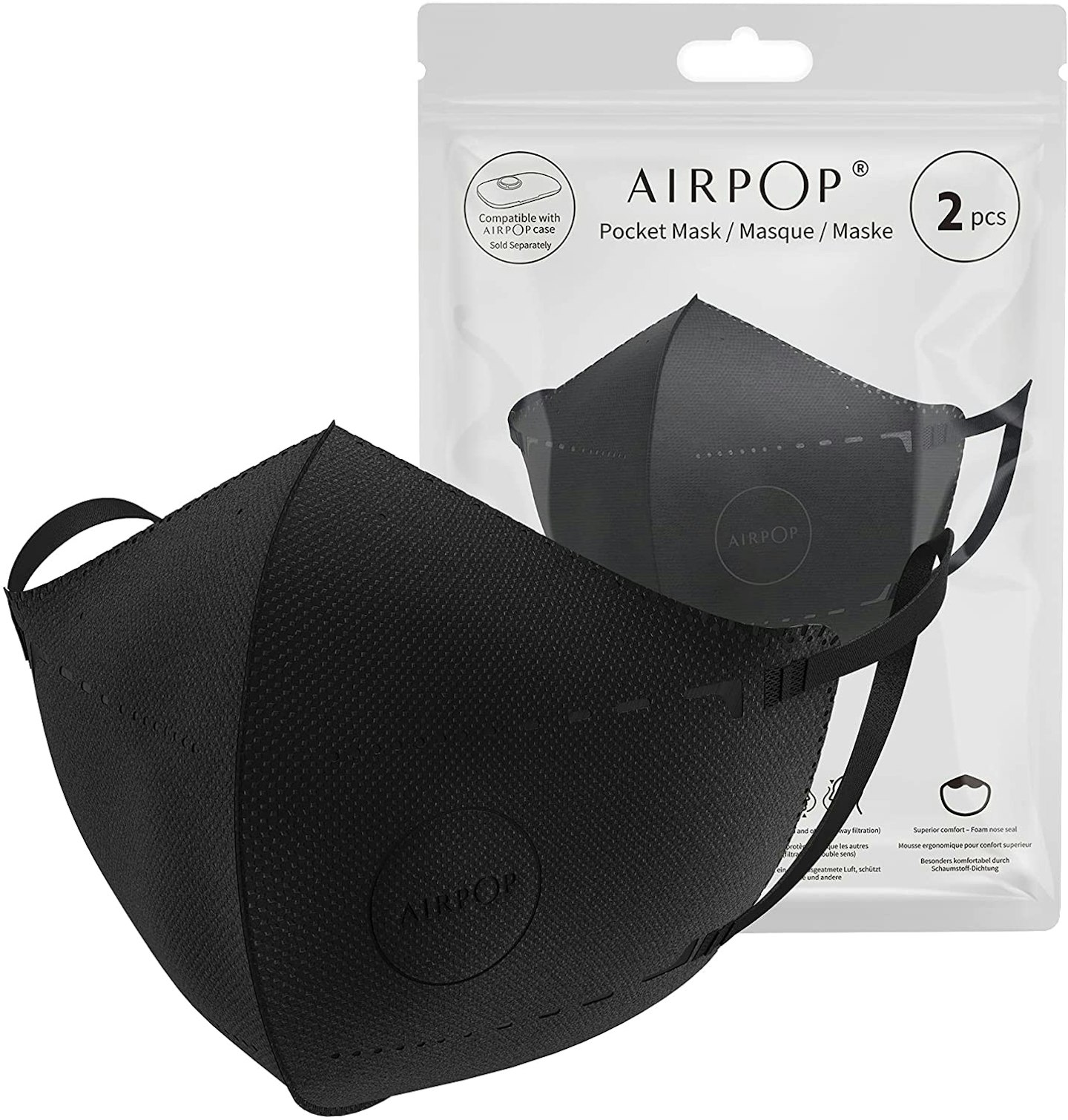 3 of 10
3 of 10AirPop, Unisex Pocket Mask Face Mask, 2 masks for £22.98
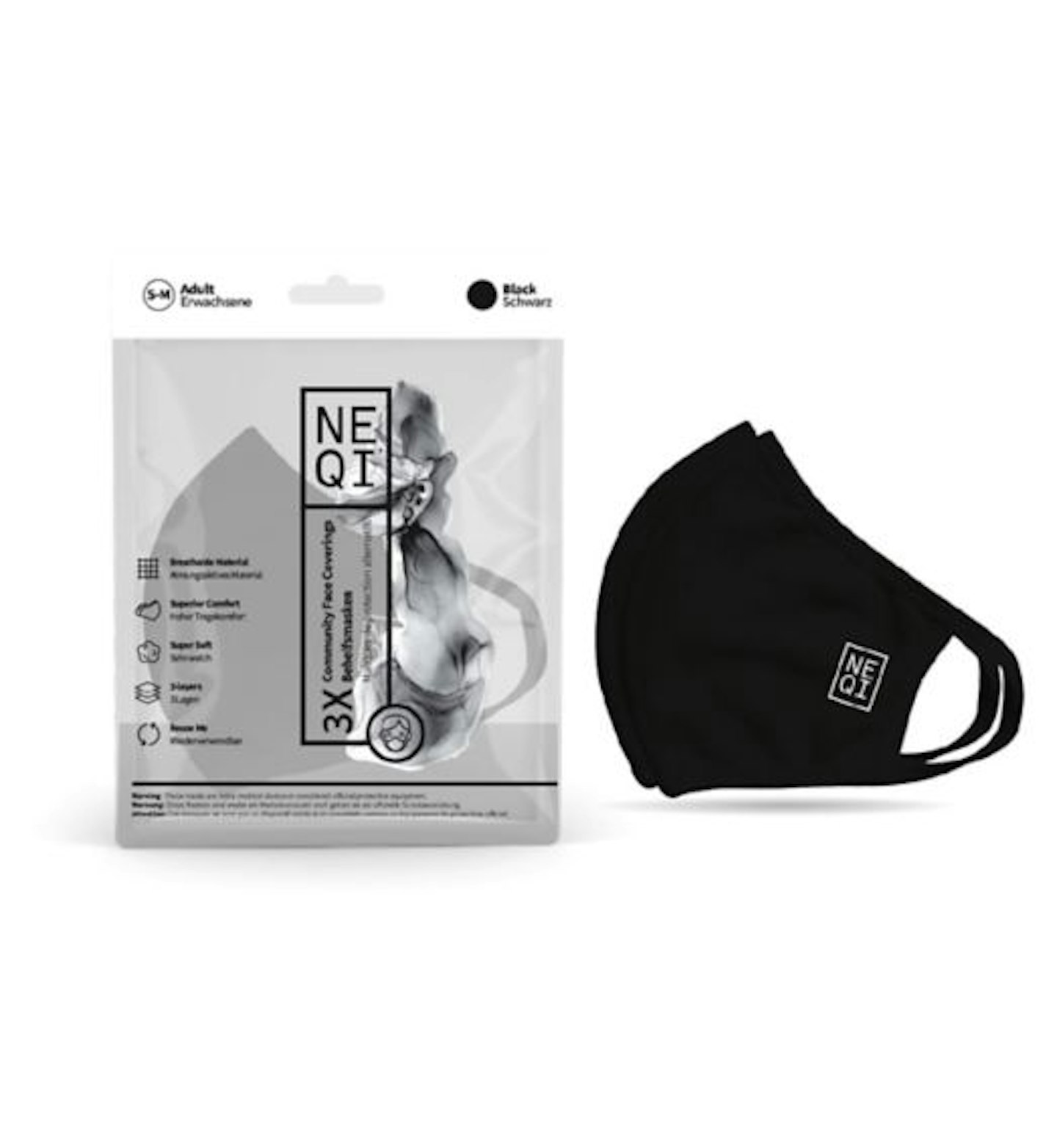 4 of 10
4 of 10NEQI 3PLY Reusable Face Masks, 3 masks for £15
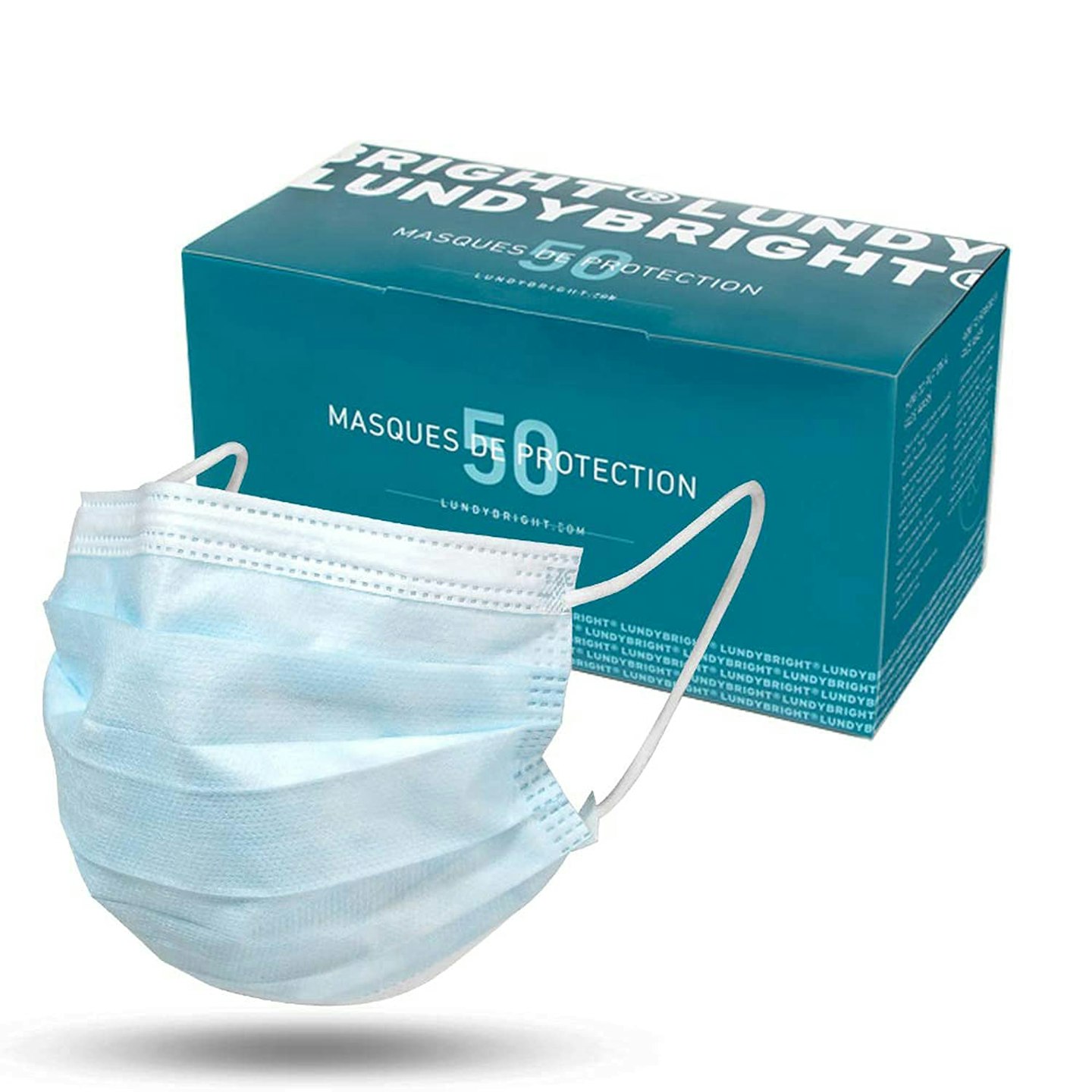 5 of 10
5 of 10Lundybright CE Certified Medical Mask, 3 Layer Type 1, White and Blue, 50 masks for £10.53
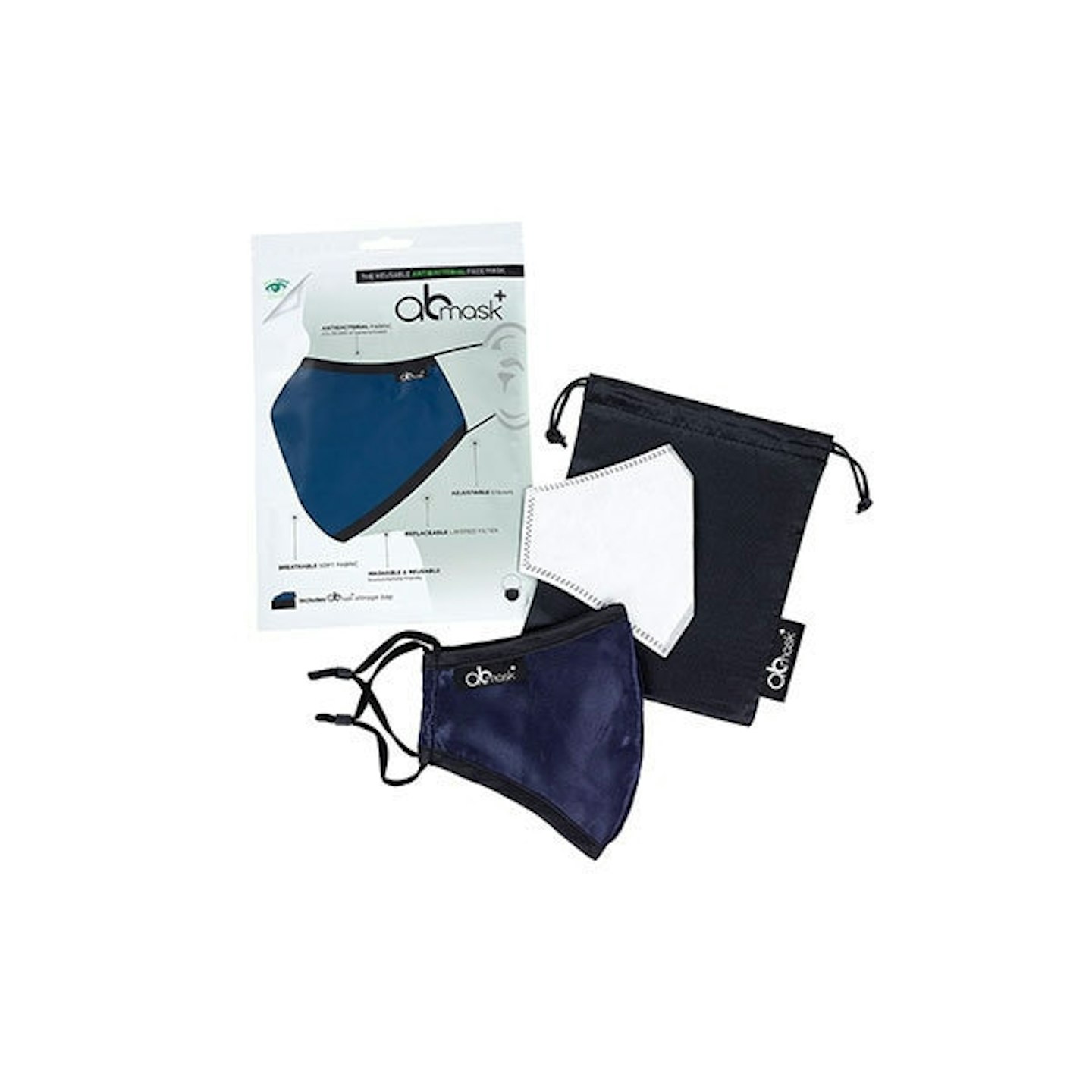 6 of 10
6 of 10Ab Mask, Reusable Antibacterial Ab Face Mask, 1 mask for £9.99
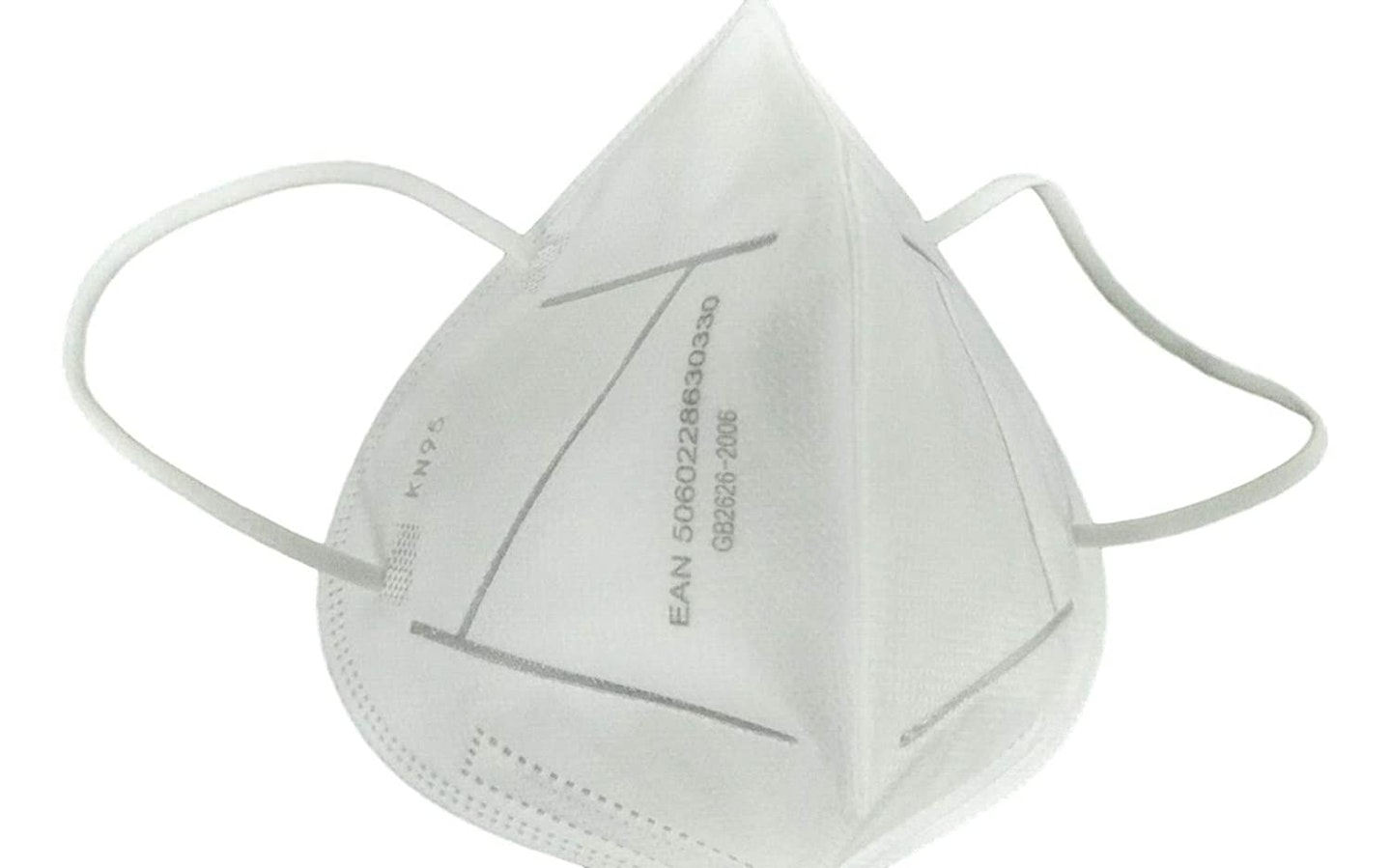 7 of 10
7 of 10MYAID Medical Cup Face Mask, 98% Bacterial Filtration, 10 masks for £13.50
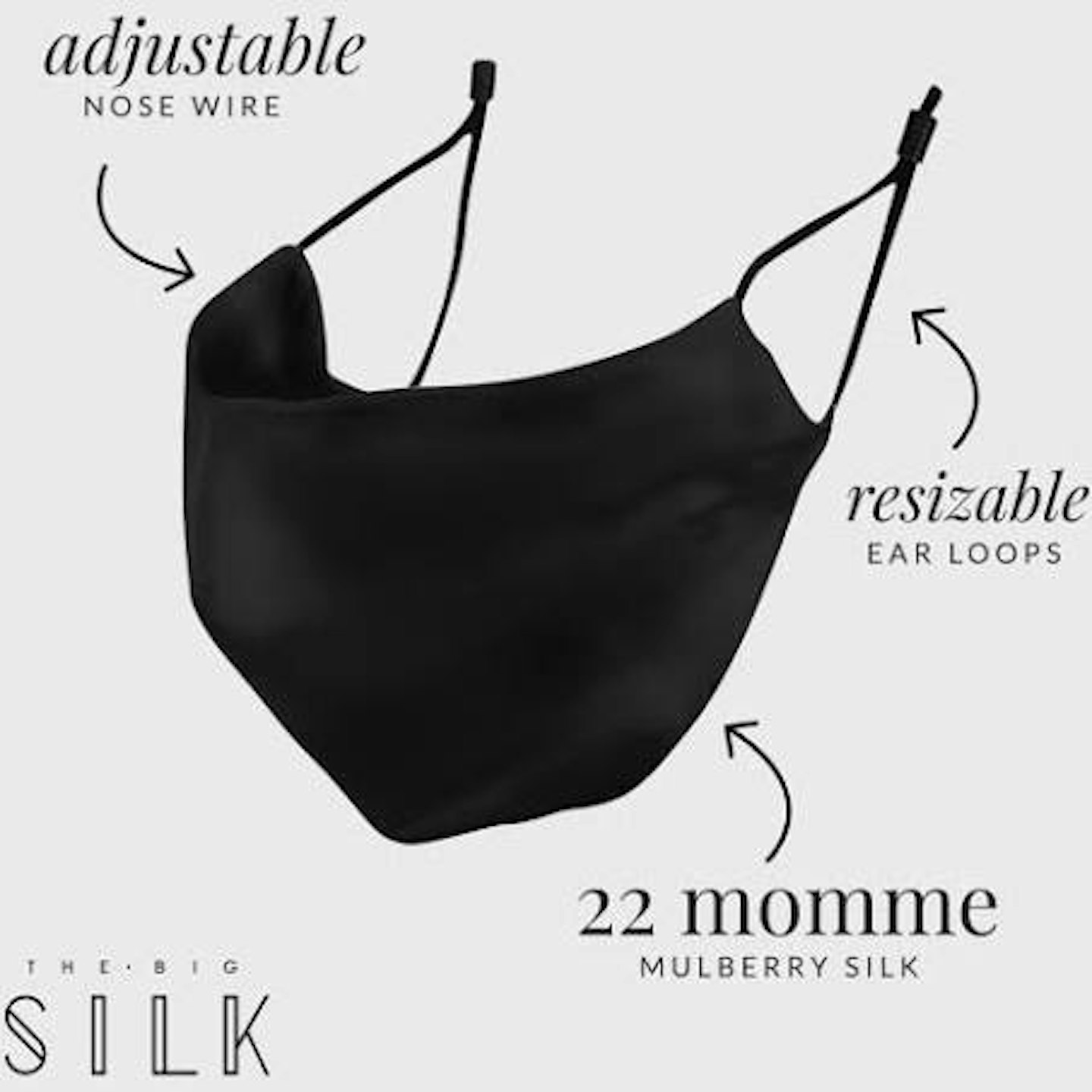 8 of 10
8 of 10The Big Silk, Silk Face Mask, £16.90
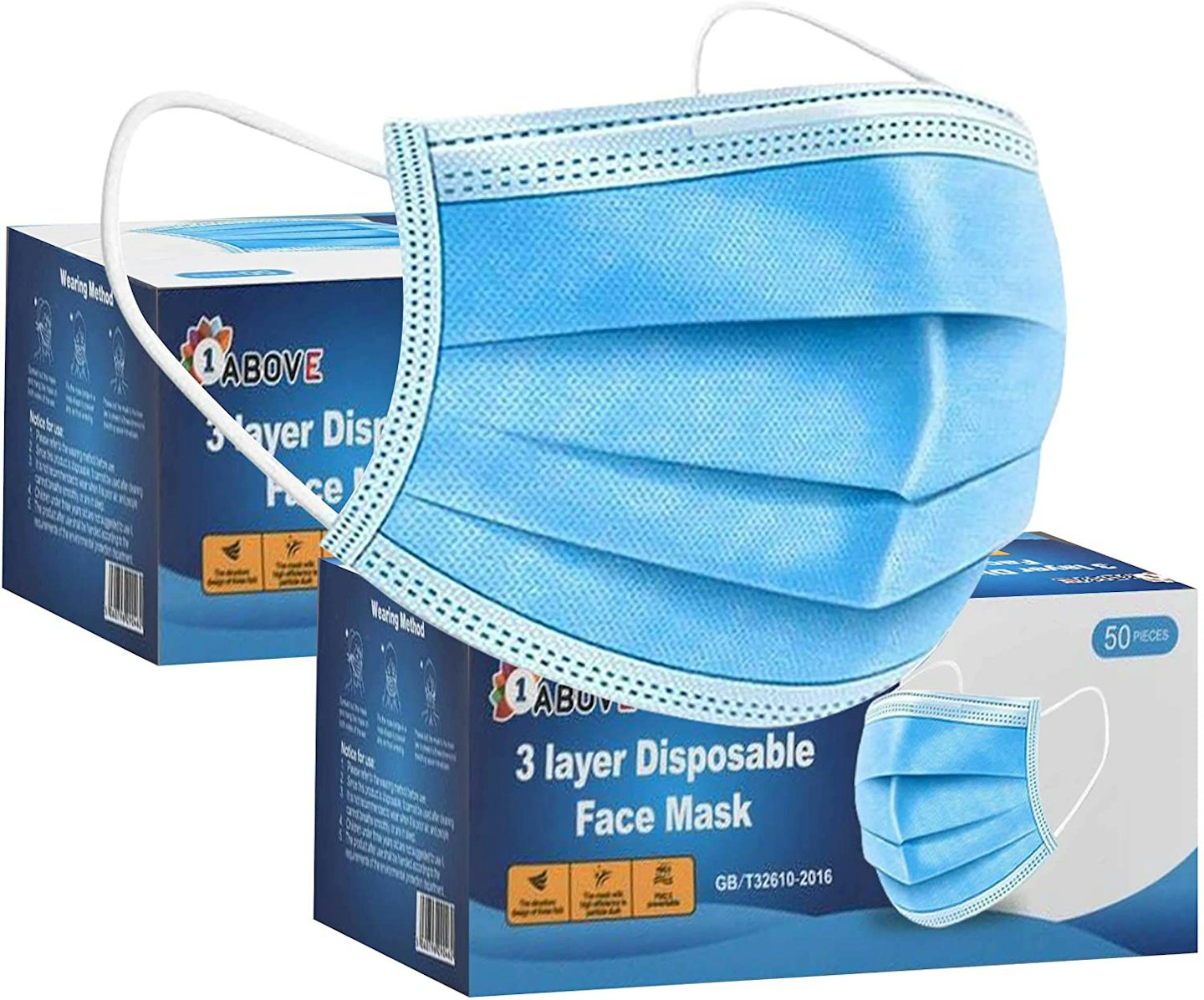 9 of 10
9 of 103-Layer Protective Disposable Face Masks, Breathable Face Mask,High Filterability, 100 masks for £12.49
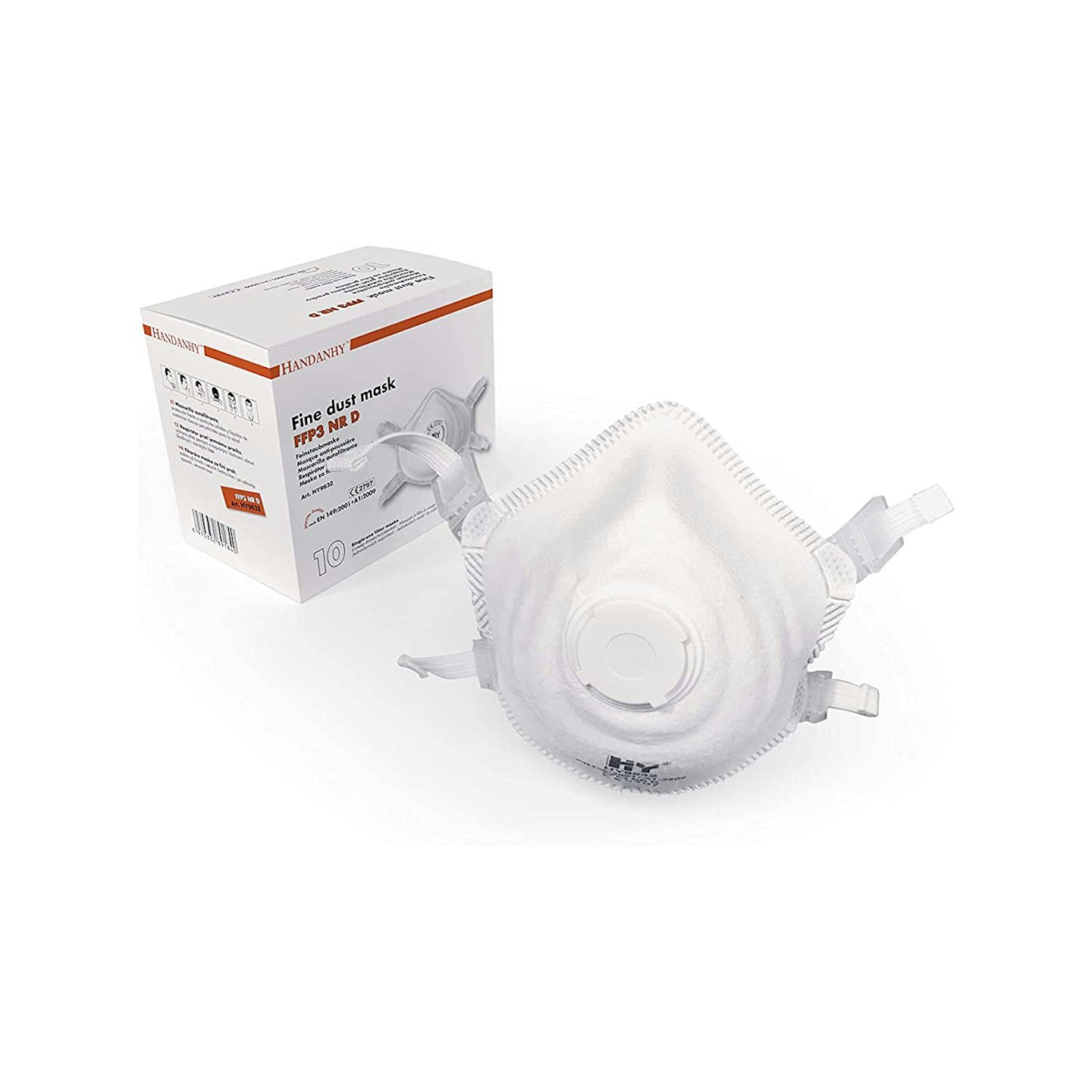 10 of 10
10 of 10FFP3 Face Masks with Exhalation Valve, 10 masks for £24.45
Where is it compulsory to wear a mask now?
Wearing face masks in shops and on public transport is compulsory from Tuesday November 30 2021. In England, you must wear a face covering in the following indoor settings:
Shops and supermarkets (places which offer goods or services for retail sale or hire)
Shopping centres (malls and indoor markets)
Post offices, banks, building societies, high street solicitors and accountants, credit unions, short-term loan providers, savings clubs and money service businesses
Estate and letting agents, and travel agents
Premises providing personal care and beauty treatments
Pharmacies and vets
Public transport (aeroplanes, trains, trams, buses, coaches and ferries), taxis and private hire vehicles
What about the best masks to fly in?
Covid-19 has certainly brought with it a lot of rules to consider before travelling and now there’s one more to add to the list. A select number of airlines have banned the use of cloth masks on board their flights in favour of medical-grade or two-layer masks. These include: Austrian Airlines, Air France, Croatia Airlines, Czech Airlines, Finnair, Lufthansa, and Swissair.
FFP2 and N95 masks are designed to last one shift for a medical professional (about eight to 12 hours) so should be your first choice for a long-haul flight. For a short flight, the standard surgical mask is recommended for four hours use.
Always check with your airline before you travel to ensure you’re up-to-date with the latest guidance.
Who is exempt from mask wearing?
There are a few instances where exemptions are acceptable, these are:
Children under the age of 11
People who rely on lip reading, clear sound or facial expressions to communicate
People who cannot put on, wear or remove a face covering due to physical or mental illness, impairment or disability
Those with respiratory conditions or cognitive impairments
People who may become distressed when putting on, wearing or removing a face covering
Police officers and other emergency workers (face masks may interfere with their ability to serve)
If you have any of the main symptoms of COVID-19 - even if they're mild - get a PCR test to check if you have COVID-19 as soon as possible. Stay at home and do not have visitors (self-isolate) until you get your test result – only leave your home to have a test.
READ MORE: These Are The Omicron Symptoms You Should Look Out For
READ MORE: Does The New Covid Strain Mean We're Heading For A December Lockdown? Here's What We Know
